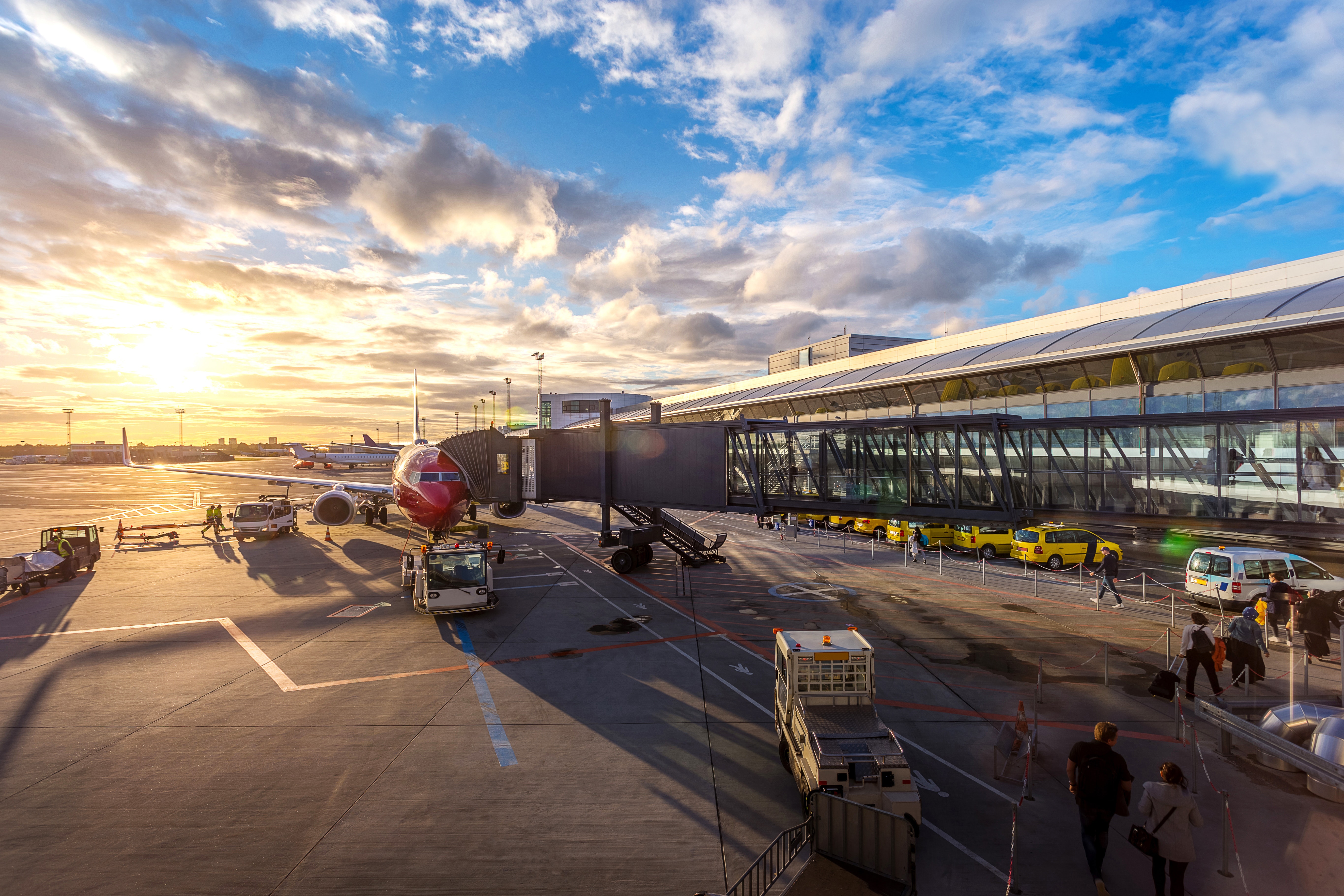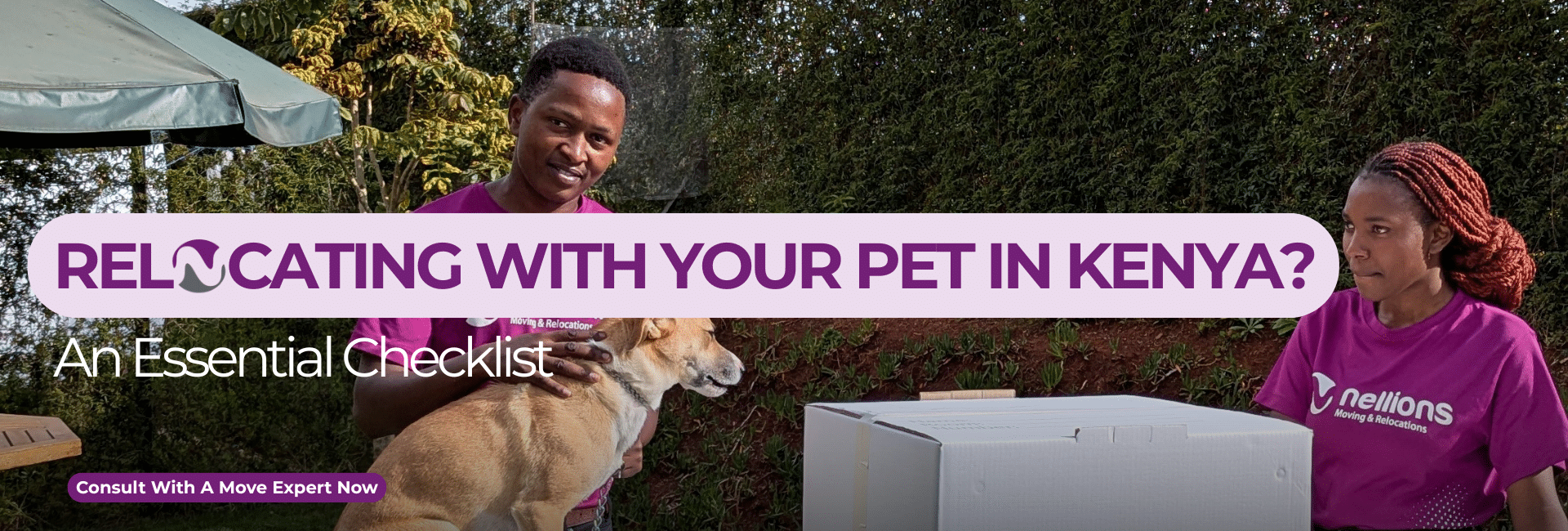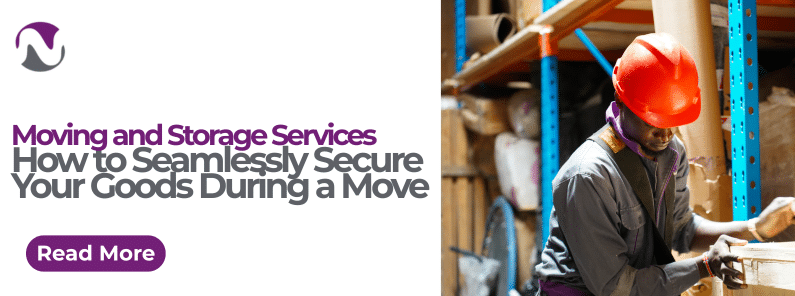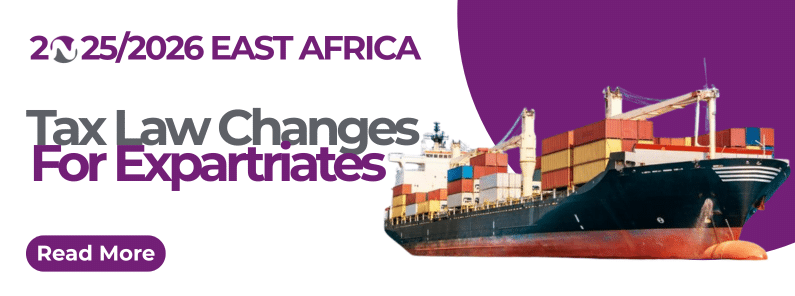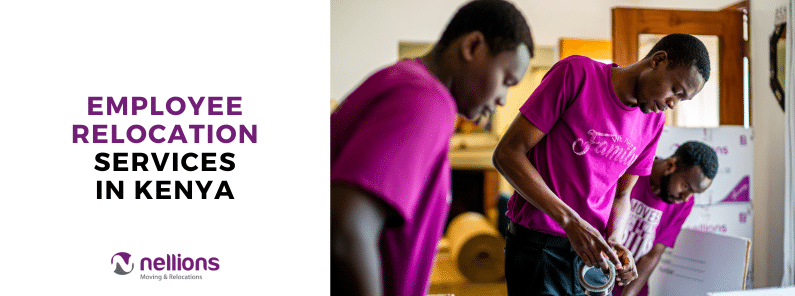You’re all set.
You’re clear on what your new job responsibilities are going to be as an expatriate in Kenya. You might even be a returning resident who’s finally ready to return home after working several years in the diaspora.
Since you already own household and personal effects where you’re currently living, you’ll most likely want to import these to Kenya. This way, you don’t have to buy everything you may need as you settle in the country.
Thankfully, you may be able to bring in one consignment of your used household goods into the country duty-free. And while it’s not guaranteed, the Commissioner of Customs may even approve in writing an extra duty-free consignment into the country.
But before you go ahead and assume you can just as easily import whatever you want to Kenya, you’ll want to keep abreast of some critical information about moving to Kenya.
Now, you may use air, sea, or surface means to ensure your shipment’s arrival.
But while you might enjoy a very short transit time when you’re importing air shipments to Kenya, you must be prepared to pay very hefty port storage charges if pre-customs clearance isn’t done.
Should you decide to go with air shipments, you’ll find that customs clearance is primarily done via the Integrated Customs Management System (iCMS).
Here’s what you can expect when you go about the process of importing air shipments to Kenya:
1. Certain Conditions Must Be Met Before Importing Household Goods and Personal Effects Duty-Free
All items imported to Kenya must be cleared through Kenya Revenue Authority (KRA) customs officials on arrival, whether they’ve come in by airline freight or shipping.
Diplomats or first arrivals such as expats getting into Kenya for a new work contract are exempted from paying taxes on their used household goods and personal effects.
Returning residents, on the other hand, must prove that they’ve lived outside Kenya for the last two years by virtue of their passports if they want to be exempted from paying duty on their household goods and personal effects.
Other conditions include:
- Expatriates must have actual work permits that are valid for at least two years
- Diplomats must process a tax waiver known as PRO 1B for their personal effects while semi-diplomats get DA1
- First arrivals (expatriates) must ship their household goods from the port of origin within 90 days from the date their work permits are issued
- Returning residents must ship their goods and personal effects within 90 days from their date of entry
- The 90 days within which household goods and personal effects must be imported into the country can only be extended by the Commissioner of Customs in writing
- Individuals applying for duty-free exemptions must have a copy of their KRA PIN activated on KenTrade
- Returning residents must additionally have their KRA PIN active on the iTax Online eServices portal
You cannot sell, lease, or otherwise dispose of the used household and personal effects you’ve imported duty-free into Kenya.
2. Your Shipment Must Undergo Pre-Clearance Before Airlifting
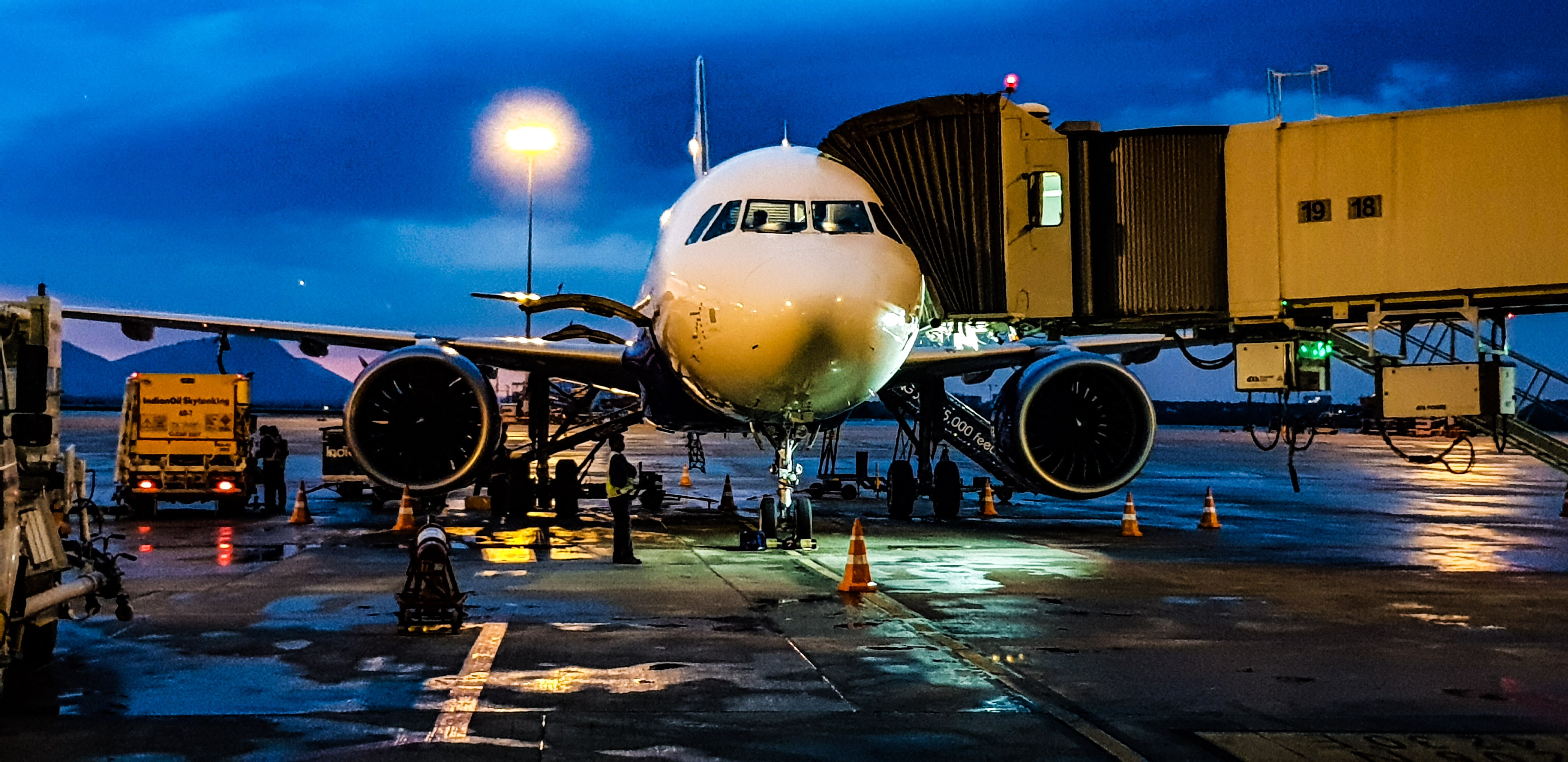
Before your shipment can be airlifted, it’ll need to undergo a pre-clearance process that involves lodging an Import Declaration Form (IDF) and obtaining an exemption code and exemption approval.
Completing this pre-clearance process ensures that your mover of choice can hit the 2 free storage days given for the shipment’s clearance. This also saves you the inconvenience of footing port storage fees that can quickly add up.
Port storage fees are calculated at US$0.17 per kg of the shipment’s chargeable weight per day. Chargeable weight is the actual or volumetric weight of the package, whichever is higher.
Please note that it’s nearly impossible to avoid incurring the storage charges if your shipment does not undergo pre-clearance before it’s shipped to Kenya.
It’ll usually take around 4 to 6 days to complete the pre-clearance process. This is how long your shipment will need to be held at the country of origin before airlifting.
3. Cargo Will Need to Be Manifested in iCMS Before Airlifting
KRA uses the Integrated Customs Management Systems (iCMS) to seamlessly connect its internal systems with those of external stakeholders to achieve faster cargo clearance.
Various cargo clearance documentation must be submitted through iCMS, including:
- Import Declaration Forms (IDFs)
- Exemptions
- Packing list
- Valued inventory in foreign currency
- Passport copy- profile and Kenya entry stamp (showing the date of your arrival) pages
Your clearing agent must manifest your cargo in the iCMS and lodge its customs entry before it’s airlifted to Kenya.
A licensed customs clearing agent will be able to process your importation documents in the customs system and assist in clearing goods on your behalf.
4. Payment of Railway Development Levy is Mandatory
The Railway Development Levy (RDL) is payable on all non-diplomatic shipments entering Kenya.
In fact, the Railway Development Levy of 2% is levied on the customs value of your imports.
Once the importer makes the payment on the requisite fees and issues his or her customs clearing agent with the official bank slips, customs goes ahead and processes all compliant declarations.
5. Expect 100% Physical Verification of Your Cargo
If you’re not a diplomat, your cargo is subjected to 100% physical verification by various government agencies. Personal effects, for instance, will be inspected by KEBS and Customs.
Diplomatic shipments are exempted from inspection courtesy of the Vienna Convention on Diplomatic Relations (VCDR). Nonetheless, a PRO 1B form, approved by the Ministry of Foreign Affairs is required before clearing diplomatic shipments.
Even though diplomatic cargo is not physically inspected, it must still be sighted to confirm that it’s actually at the customs area.
6. Scan Copies of Required Documents Are Sufficient

For air shipments, scanned copies of the required documents will suffice. Original documents may, however, be requested at the discretion of the customs officer.
First arrivals and returning residents will need the following documents to ship their cargo:
- Copy of passport
- Copy of residence visa/work permit
- KRA PIN Certificate
- Original Air Waybill
- Itemized valued inventory
- Authority letter nominating a licensed customs clearing agent to act on their behalf
Diplomats, on the other hand, will require:
- Copy of passport
- PRO 1B forms
- PRO 1A forms (in case they’re importing alcohol)
- Itemized inventory
- KRA PIN certificate
It’s noteworthy that diplomats need to have arrived in Kenya beforehand for their PRO 1B forms to be processed.
7. Prior Approval Is Needed From the Commissioner of Customs for Air and Sea Shipments
You might have the rest of your household goods coming to Kenya by sea around the same time you’re importing a portion of them by air.
To ensure your typically smaller air shipment doesn’t incur customs duty, however, you’ll need to ensure you get prior approval from the Commissioner of Customs in writing to import it together with your sea shipment.
While such approval would most likely have volume/size limitations, it’s actually a privilege to be granted leeway to import two separate household consignments into the country.
Kenya allows only one consignment duty-free into the country—unless you can give solid reasons to be allowed an exception. You’re encouraged to try, though it’s good to keep in mind that there are no guarantees.
8. Delivery Can Be Scheduled Once Customs Release is Granted
Once your shipment is inspected or sighted, the customs release is granted online. Only after the release is granted can the cargo be removed from the customs area.
Assuming all goes well (including the fact that the pre-clearance process is undertaken), the entire customs clearance process should take you approximately two days.
Once your cargo is given the green light to be removed from the customs area, delivery to your residence can then be scheduled.
The shipment clearance process, then, normally involves:
- Lodging and processing the IDF
- Making customs declarations and processing relevant payments
- Physical verification of goods
- Clearance and release of compliant declarations
Make sure you’ve reached out to reliable and professional movers to ensure your shipment makes it safe in the last mile to your chosen place of residence.
Expert Tip: You want to ensure you are very clear with your shipper or destination agent about the differences in requirements, particularly regarding air and sea shipments, prior to importing air shipments to Kenya.
FAQ
- Obtain pre-clearance documentation
- Obtain passed clearance entry
- Obtain KEPHIS release
- Obtain KRA release
- Obtain KEBS release
- Obtain port health service release
- Obtain KRA final release
Assuming everything stays on schedule (including pre-clearance documentation) the entire customs clearance should take two to three days.




